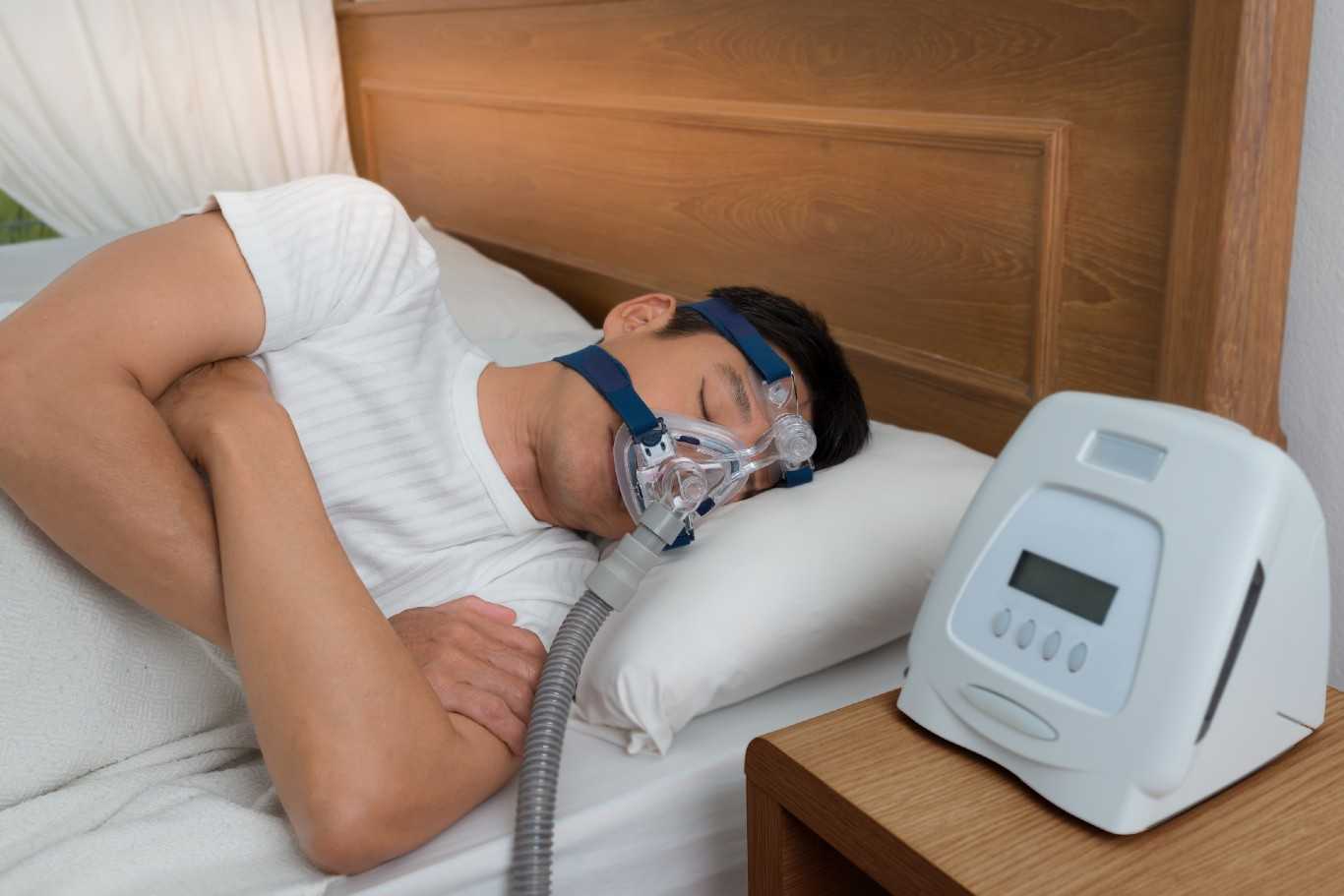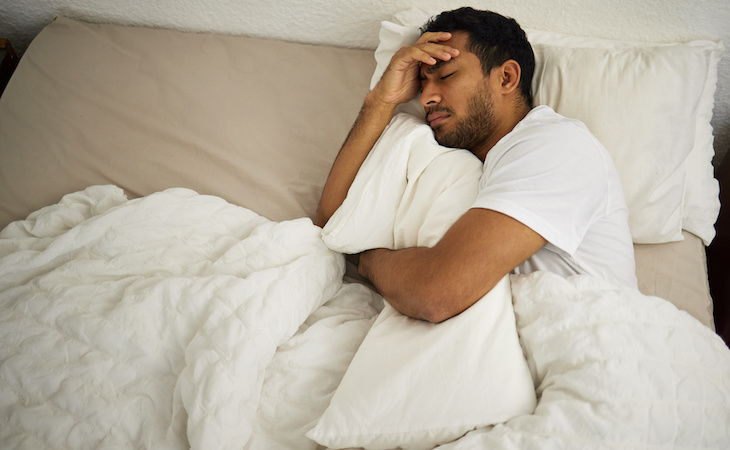Efficient Insomnia Therapy - Regain Your Restful Nights
Efficient Insomnia Therapy - Regain Your Restful Nights
Blog Article
Effective Therapy Solutions for Handling Sleep Disorders and Enhancing Restful Rest
In the realm of health care, the monitoring of sleep conditions and the pursuit for relaxing rest are pivotal elements of total well-being. As we navigate the complex landscape of rest disorders and look for to boost our rest experience, a much deeper understanding of these therapy services may hold the trick to opening a more refreshing and meeting restorative journey.
Cognitive Behavior Modification for Sleep Problems (CBT-I)
Cognitive Behavior Modification for Sleeplessness (CBT-I) is a structured, evidence-based therapy strategy that concentrates on attending to the underlying factors adding to rest disruptions. This kind of treatment intends to modify behaviors and ideas that exacerbate sleeplessness, inevitably advertising healthy and balanced rest patterns. CBT-I typically involves several key components, including cognitive therapy, rest constraint, stimulus control, and rest hygiene education and learning.
Cognitive therapy helps people recognize and transform unfavorable thought patterns and beliefs concerning rest that might be impeding their ability to fall or remain asleep. Rest constraint entails restricting the quantity of time invested in bed to match the individual's actual rest period, therefore raising rest efficiency (insomnia counseling). Stimulation control methods help develop a solid organization between the bed and rest by urging people to head to bed only when sleepy and to avoid participating in boosting tasks in bed
In addition, sleep health education concentrates on establishing healthy and balanced sleep habits, such as keeping a consistent rest schedule, developing a relaxing bedtime regimen, and optimizing the rest environment. By addressing these variables thoroughly, CBT-I provides an effective non-pharmacological intervention for handling sleeping disorders and boosting overall rest quality.
Sleep Health Practices
Having actually established the structure of cognitive restructuring and behavioral adjustments in addressing sleeplessness via Cognitive Behavior modification for Sleep Problems (CBT-I), the focus now moves in the direction of exploring crucial Sleep Hygiene Practices for keeping optimal sleep high quality and total wellness.
Rest hygiene methods incorporate a variety of routines and environmental variables that can dramatically affect one's capability to sleep and stay asleep throughout the evening. Constant rest and wake times, creating a relaxing bedtime routine, and enhancing the rest setting by keeping it dark, peaceful, and cool are essential elements of great sleep hygiene. Limiting exposure to screens before bedtime, avoiding energizers like high levels of caffeine near going to bed, and involving in normal exercise throughout the day can also advertise better rest top quality.
Moreover, exercising leisure strategies such as deep breathing exercises or meditation before bed can help calm the mind and prepare the body for sleep. By incorporating these sleep health methods right into one's day-to-day regimen, people can develop a healthy and balanced rest pattern that supports restful rest and general well-being.
Leisure Strategies and Mindfulness
Applying relaxation strategies and mindfulness methods can play a pivotal function in fostering a sense of find out here tranquility and promoting quality rest. In find more addition, assisted imagery can help transfer people to a serene area in their minds, assisting in tension reduction and enhancing sleep top quality.
Mindfulness techniques, such as meditation and yoga exercise, are also effective in promoting relaxation and enhancing rest. Mindfulness urges individuals to remain existing in the minute, releasing stress over the past or future. By integrating these techniques right into a going to bed regimen, people can signify to their bodies that it is time to relax and prepare for sleep. In general, integrating relaxation methods and mindfulness techniques can considerably contribute to handling rest problems and enhancing total rest quality.

Medication Options for Rest Disorders
After exploring leisure techniques and mindfulness techniques as non-pharmacological treatments for improving sleep top quality, it is important to consider medication options for people with sleep problems. In cases where way of life adjustments and treatment do not give enough alleviation, medicine can be a useful device in handling sleep disruptions.
Typically suggested medicines for rest disorders include benzodiazepines, non-benzodiazepine hypnotics, antidepressants, and melatonin receptor agonists. Benzodiazepines, such as diazepam, are sedatives that can help cause sleep, yet they are typically advised for short-term usage due to the danger of dependancy. Non-benzodiazepine hypnotics like zolpidem are also used to deal with sleep problems and have a lower threat of reliance compared to benzodiazepines. Antidepressants, such as trazodone, can be valuable for people with co-occurring anxiety and sleep disturbances. Melatonin receptor agonists, like ramelteon, target the body's natural sleep-wake cycle and can be practical for controling rest patterns.
It is essential for individuals to speak with a doctor to figure out the most ideal medicine choice based upon their particular sleep problem and medical history.
Light Treatment for Body Clock Policy
Light treatment, also understood as photo-therapy, is a non-invasive therapy technique made use of to manage body clocks and enhance sleep-wake cycles. This therapy includes direct exposure to bright light that resembles natural sunshine, which helps to reset the body's body clock. By exposing individuals to specific wavelengths of light, commonly in the morning or night depending upon the wanted effect, light treatment can successfully readjust the circadian rhythm to advertise wakefulness during the day and improve relaxing investigate this site rest during the night.
Study has actually shown that light therapy can be specifically advantageous for people with body clock disorders, such as delayed sleep stage disorder or jet lag. It can likewise be helpful for those experiencing seasonal affective condition (SAD), a sort of depression that usually takes place throughout the winter season when natural light exposure is reduced. Light therapy is typically well-tolerated and can be utilized along with various other therapy approaches for rest disorders to optimize outcomes and improve overall sleep high quality.
Final Thought
Finally, effective therapy options for managing sleep disorders and enhancing relaxing sleep consist of Cognitive Behavioral Treatment for Sleeplessness (CBT-I), sleep health practices, leisure techniques and mindfulness, drug choices, and light treatment for body clock regulation. These methods can assist individuals improve their sleep quality and overall well-being. It is very important to consult with a doctor to figure out the most suitable strategy for resolving rest issues.
As we navigate the detailed landscape of sleep conditions and seek to enhance our rest experience, a much deeper understanding of these treatment services may hold the key to opening an extra refreshing and meeting restorative trip.
Sleep constraint includes restricting the quantity of time invested in bed to match the individual's real rest duration, thereby raising sleep efficiency. Consistent rest and wake times, producing a relaxing going to bed regimen, and enhancing the sleep setting by keeping it dark, silent, and cool are critical elements of great sleep health. Light treatment is normally well-tolerated and can be utilized in conjunction with other treatment approaches for rest conditions to optimize results and improve total rest quality.

Report this page